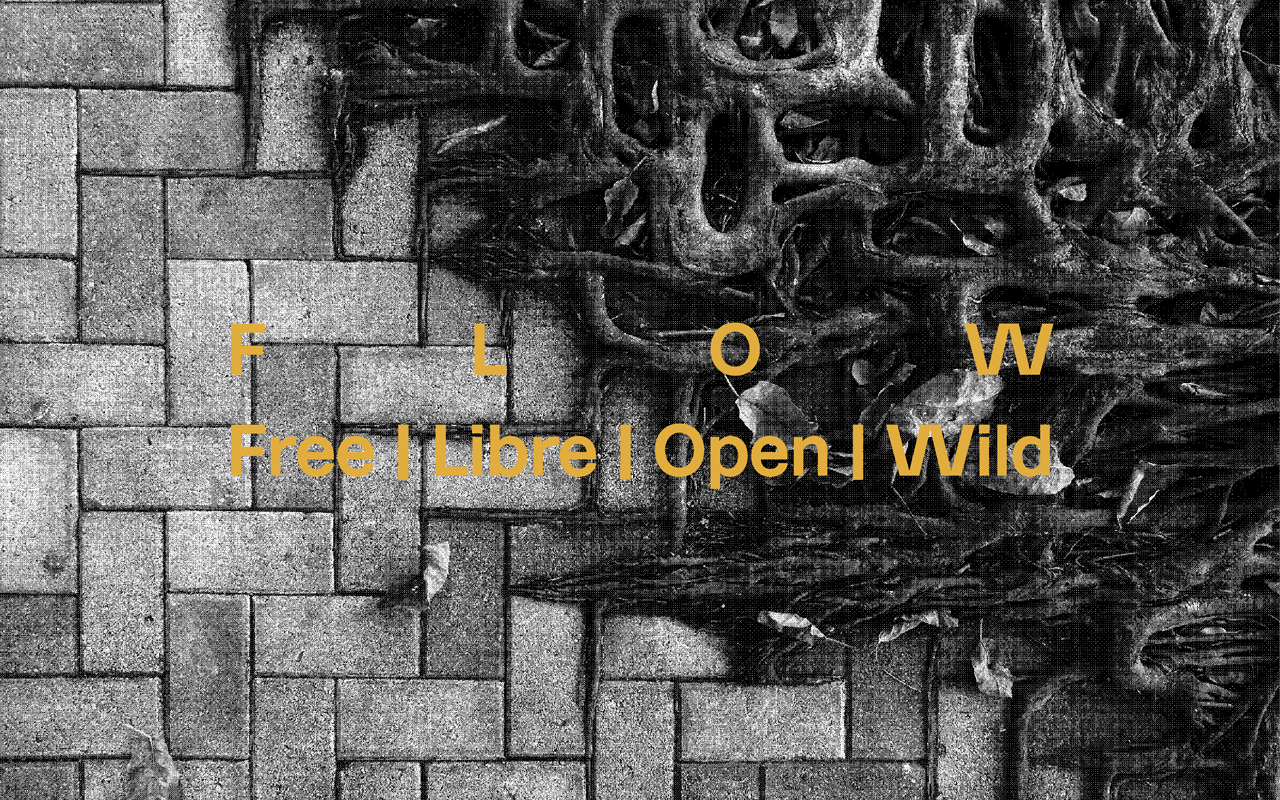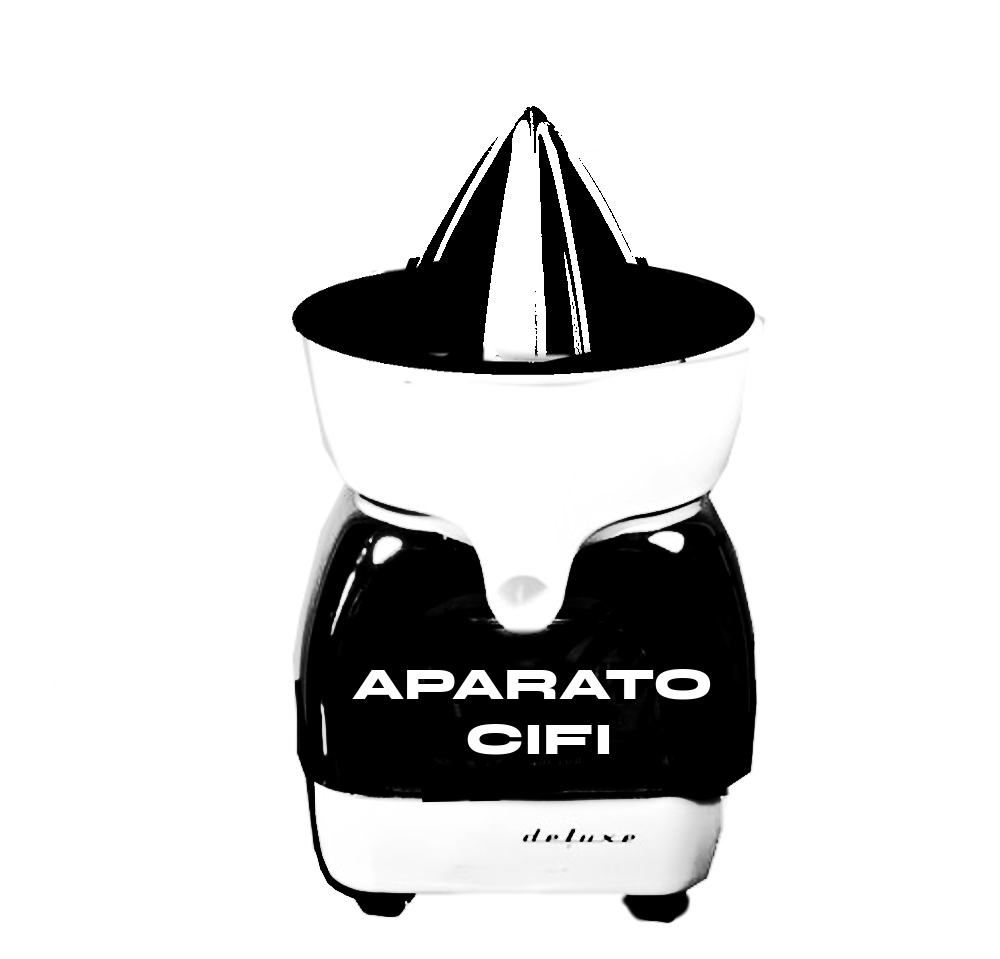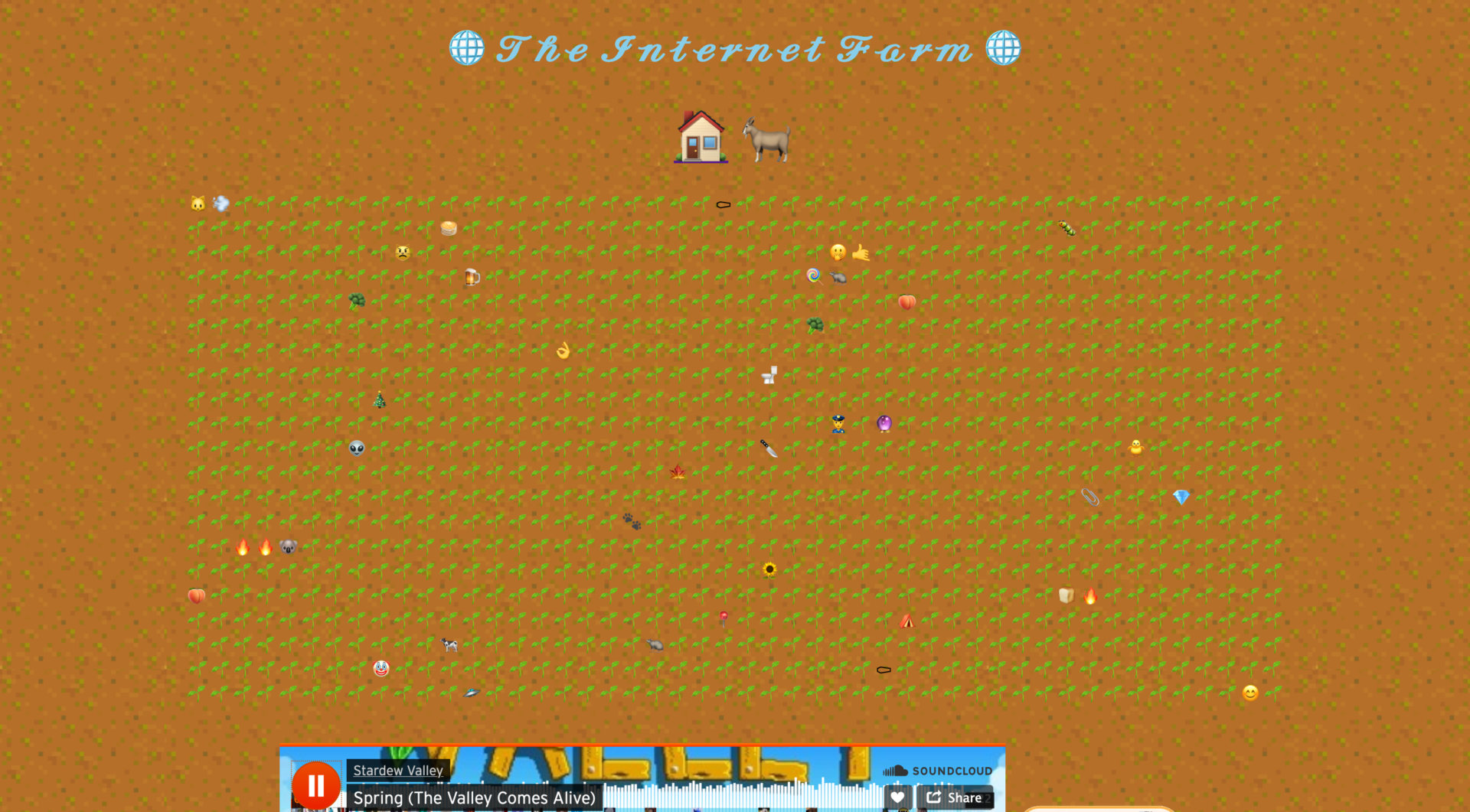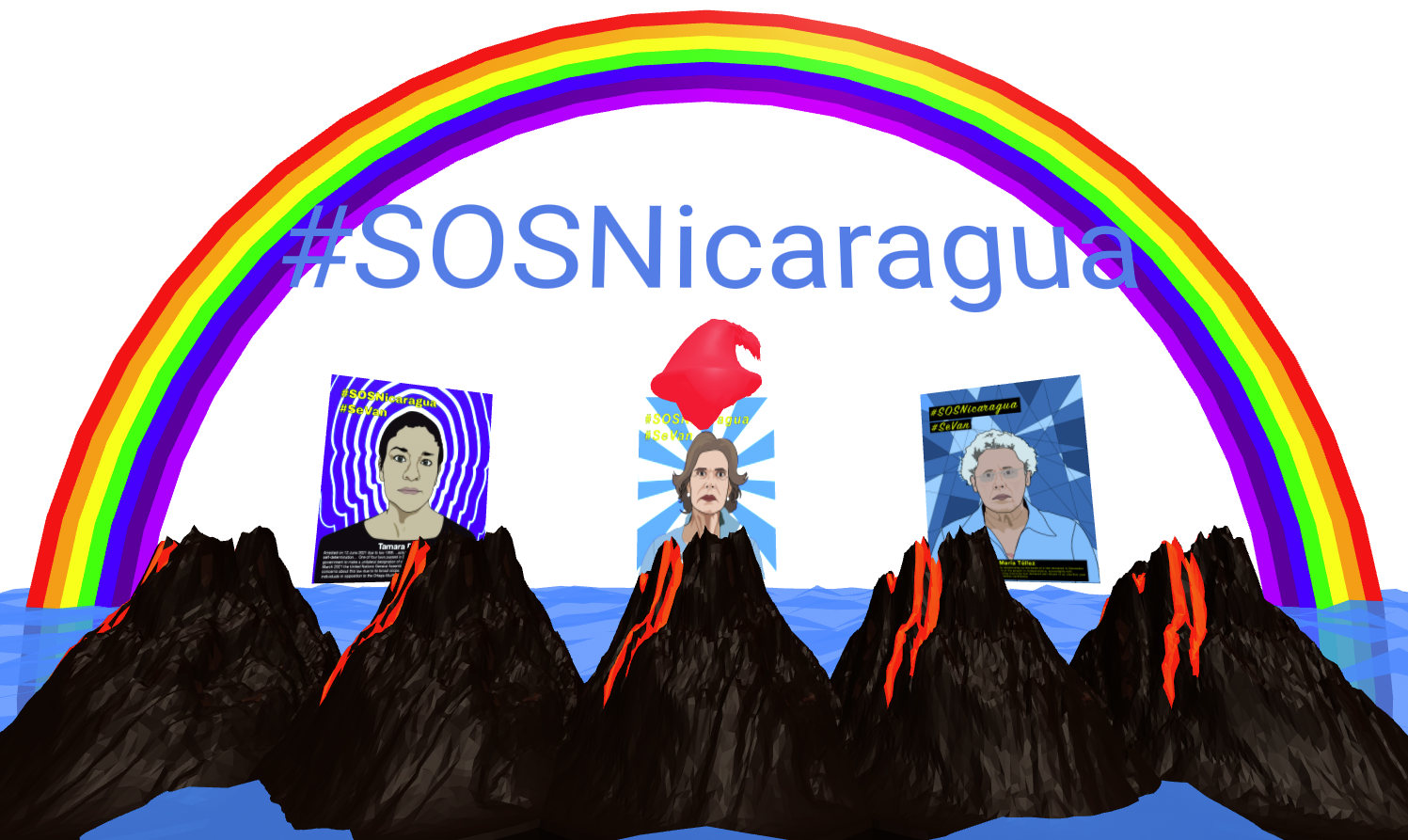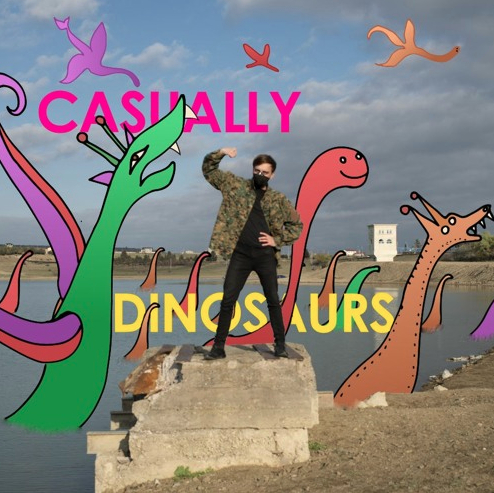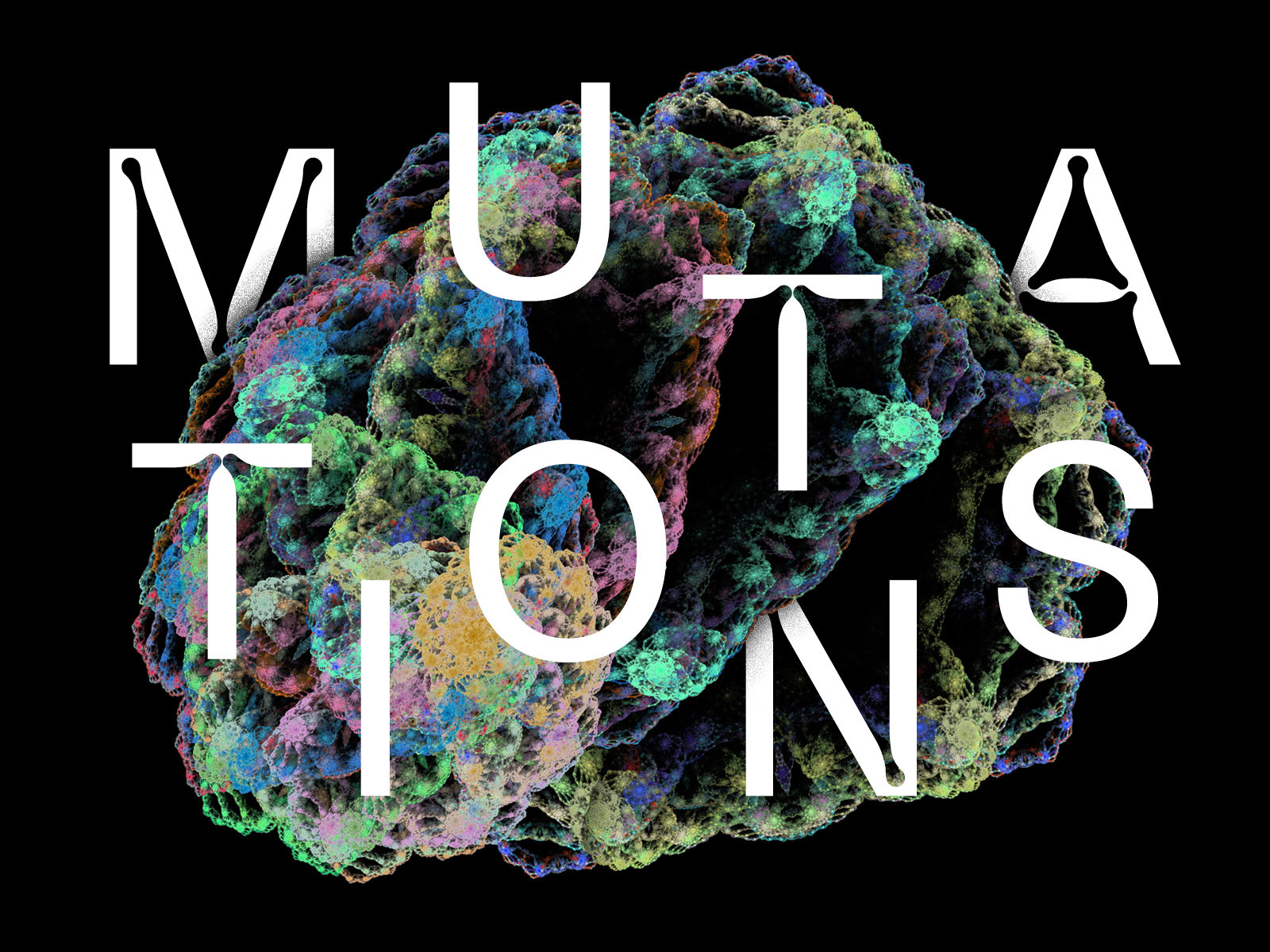
Call for Web Residencies No 15
Akademie Schloss Solitude’s Call for Web Residencies No. 15 is curated by Mutations Research Group. »Mutations« is the Akademie’s first thematic and collective residency. Seven fellows representing a variety of artistic and interdisciplinary backgrounds were selected due to their interests that expand mutation beyond bounded interpretations of biological structures and systems. As a part of this group, Grayson Earle (USA/Germany), Ana María Gómez López (Colombia/USA/Netherlands), and Joana Quiroga (Brazil) are the curators of this Call for Web Residencies No. 15.
The goal of the »Mutations« web residency is to engage artist collectives working on the heterogenous theme of mutations – biological, sociopolitical, technological – in relation to the global digital divide. We aim to support artists, programmers, hacktivists, researchers, and other practitioners that offer mutations to the aesthetic and political underpinning of digital and internet-based art.
Open the Artworks
Juror's Statement — Jun 16, 2021
On behalf of the jury group, Grayson Earle, Ana María Gómez López, and Joana Quiroga, it is an honor to present Digital Solitude’s artists in residence.The five winners of this prize will spend one month in Akademie Schloss Solitude’s Web Residency. The jury hopes that the grant will enable the artist, and activists to continue exploring and developing their proposed projects. We are very happy to announce residents Futura Trōpica Netroots (Juan Pablo García Sossa), Aparato cifi (Mayra Roffe Gutman, Juan Pablo Anaya Arce), Mac Andre Arboleda, Ricardo Miranda Zúñiga & Kurt Olmstead, and Giorgi Rodionov. A further congratulations goes to the seven projects who made the shortlist: Joelle Dietrick and Owen Mundy (Sneakaway Studio), Known Cages (Clemens Poole, Elliott Shaw, Milena Khomchenko), Astrit Feringa, Natacha Voliakovsky, migr-ai-tion (Florencia Beatriz Turiace, Yasaman Pishvaei, Nuno Moreira, Jie Liang Lin), Vishal Kumaraswamy, and Dimitris Gkikas.
To define the mutational is, at its most basic, to set a condition at odds with an established order. The projects selected are characterized by the use of alternative network infrastructures and an engagement with communities across the digital divide, reminding us that so-called global technologies suffer from the same stratifications and inequities that plague the whole of late capitalist society. Technology is not neutral. The term “peer-to-peer” is vacuous insofar as it does not expand who is allowed or invited to become a peer, and to what purpose the network contributes. Blockchain is touted as a move towards decentralization, and yet we see vast centralization of wealth on these platforms and the reestablishment of financial capitalism. We are promised the freedom to share our stories, but are beholden to advertisers and siloed audiences just as before.Enabling access to local knowledge bases, the undisturbed encounter and exchange in regions controlled or prevented by dominant power structures, our personal stories we collect should be able to float freely. The works presented by this incredible group of artists and collectives moves beyond the production of network content and intervenes directly on the form of the networks themselves. We are proud to present work that offers a challenge to the lack of imagination permeating the networked infrastructure that has come to define the 21st century.
Web Residents
Futura Trōpica Netroots on FLOW (Free, Libre, Open, Wild) Systems & TechnologiesJuan Pablo García Sossa | Futura Trōpica Netroots
Futura Trōpica is an InterTropical decentralized network of grass-root local networks for the lateral exchange of local resources and other forms of (endemic) Knowledge, Designs and Technologies. It uses the InterPlanetary File System (IPFS) protocol to connect Rhizomes in Bogotá, Kinshasa, and Bengaluru. Each Rhizome is composed of a DIY Local Network in combination with USB based distribution systems.
An Imaginary History of Technoscience Between the Bravo and the Suchiate River
Aparato cifi (Mayra Roffe Gutman, Juan Pablo Anaya Arce)
The web residency will allow us to publish an online anthology of science fiction. We want to highlight the imaginative practices of texts written between the Bravo and Suchiate rivers, from 1692 to 1947. The anthology will be downloadable at aparatocifi.press. Our site is both an open access shadow library with downloadable science fiction texts and a place for aesthetic experiments that use the library’s contents as a database.
The Internet Farm
Mac Andre Arboleda
The Internet Farm is a collaborative network and online platform focused on communal sharing and the cultivation of hypermedia experiences. Artists from different fields were invited to »harvest« emojis and use these as materials for a creative response. The crops harvested were negotiated by participants on a needs basis, and in turn, allow these crops to grow in their built universe of multimedia works.
DAO for Nicaraguan Political Prisoners – Nica DAO
Ricardo Miranda Zúñiga & Kurt Olmstead
Our work as part of Mutations begins with a research analysis of the potential to move funds from givers to receivers without the cost of middlemen such as charities. We ask: what international charities are moving money and how much does the CEO make? If we can by-pass the CEO salary and charity infrastructure, more money reaches directly to those who need it. We will create a comparative cost analysis of donation through crypto versus brick and mortar charities. This research will inform the creation of a visualization that makes explicit the trade-offs of using blockchain versus traditional charitable channels. This research will inform the possibility of initiating a means of direct donation to those in need. At this time, we seek to help the families of political prisoners in Nicaragua.
Casually, Dinosaurs (map of Pandemic dreams)
Giorgi Rodionov
“Casually Dinosaurs” is an audio-visual project researching subconscious stories from the pandemic times that let us converse about the world as of today.The project is based on dreams collected during the pandemic, which are mapped in a single storytelling format. As the pandemic has changed the communication habits between people the most, the project gives our subconscious a chance to speak for us.
Shortlist
Transitional IdentityNatacha Voliakovsky / Buenos Aires, Argentina
Link
Tracing Digital Territory (Platforms as Affective Architectural Spaces)
Astrit Feringa / Arnhem, The Netherlands
Link
Subaltern Mutations for the Algorithmic Age
Vishal Kumaraswamy / Bangalore, India
Link
Facade Swap
Known Cages (Clemens Poole, Elliott Shaw, Milena Khomchenko) / Maryland, US / Rhode Island, US / Donetsk, Ukraine
Link
Tally Saves the Internet and Chasing the Sun
Joelle Dietrick and Owen Mundy (Sneakaway Studio)
Link
Endling
Dimitris Gkikas / Berlin, Germany
Link
Call Page @ Akademie Schloss Solitude
www.akademie-solitude.de
Webresidencies
Mutations key visualisation by Stephan Thiel und Anne Lippert. Website by parmon.
